Vietnamese is not only a means of communication, but also a symbol of Vietnamese culture, history and national identity.
With its unique tones and structures, Vietnamese reflects the nation's intelligence, emotions and traditions through every word.
Over thousands of years of history, Vietnamese has become a bond that connects the community, a bridge between generations and plays an important role in preserving and promoting Vietnamese identity in the context of international integration.
Vietnamese - a unique and nuanced language
Vietnamese is a unique and sophisticated language, not only rich in vocabulary but also clearly showing diversity and depth in each tone and tone.
According to Professor Nguyen Van Khang, tones are a characteristic element of Vietnamese, like the notes in a piece of music, creating a very unique identity. This is also an element that not all languages have.
According to Associate Professor, Doctor Pham Van Tinh, the richness of Vietnamese is also in its diversity and richness. Vietnamese currently has about 17,000 syllables, which means 17,000 elements that can form words. And from those 17,000 elements, people mix and combine them to form new words and it can be said that there are millions of combinations. There are hundreds of thousands of Vietnamese terms in all fields.
That shows that Vietnamese is a very diverse and multidimensional language system and the words themselves have semantic content with different nuanced expressions.
The beauty of Vietnamese is that it has its own unique nuances, reflecting folk wisdom and has been tested through thousands of years of Vietnamese people communicating with each other. Vietnamese language expresses all the levels of thoughts and emotions of the Vietnamese people.
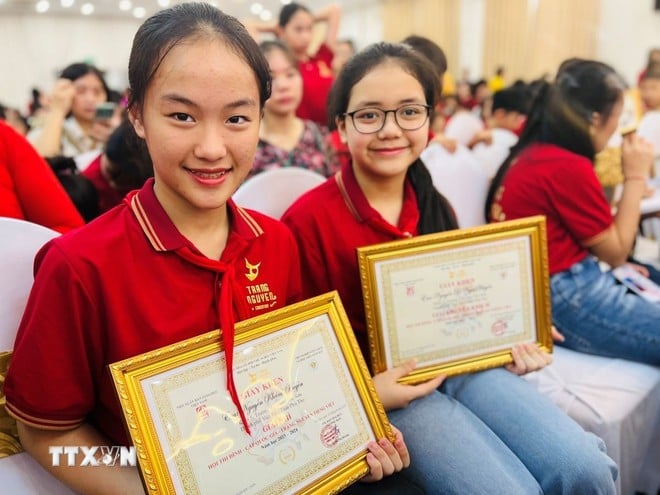 |
| Students honored at the 9th Vietnamese Champion Awards ceremony. (Photo: Ngoc Bich/VNA) |
Associate Professor, Dr. Pham Van Tinh explains: “The Vietnamese language is a monosyllabic language, so it has its own special expressions. Vietnamese has 6 tones, one of the most tonal languages in the world. And people speak Vietnamese with high and low tones like singing and can be said to express all levels of emotion."
With its wonderful combination of tones and rich diversity in word structure, Vietnamese is not only a means of communication but also a priceless cultural heritage, reflecting intelligence, emotions and national identity through each tone and each word.
Symbol of culture, history and national identity
Vietnamese is not only the daily communication language of Vietnamese people but also carries profound values in terms of culture, history and national identity.
In life, Vietnamese is a communication tool, helping to connect people and communities across the country; creating solidarity and mutual understanding between generations, regions, from urban to rural areas, from lowlands to highlands.
Vietnamese is also the main medium of instruction in the national education system, from primary to university level. The Quoc Ngu script system makes learning easier, contributes to improving people's knowledge, training talents, and promoting socio-economic development.
For the overseas Vietnamese community, Vietnamese is a link to the homeland, preserving cultural identity and family traditions. Vietnamese language classes for the younger generation in the overseas Vietnamese community have contributed to maintaining emotional and cultural connections across borders.
Historically, Vietnamese is the language that marks every stage of the nation's history, from the period of Chinese domination, the struggle for independence and national unification to the period of innovation and development.
Historical documents written in Nom, Han and Quoc Ngu are priceless treasures that help future generations better understand the heroic traditions and indomitable spirit of their ancestors.
In particular, during the resistance wars against foreign invaders, the Vietnamese language was an effective means of propaganda, arousing patriotism and the indomitable will of the nation. Proclamations, poems, and songs such as the poem "Nam Quoc Son Ha", President Ho Chi Minh's Declaration of Independence, and the March of the Army by musician Van Cao... became torches lighting the way for the spirit of national liberation struggle.
Vietnamese is also the language of the Constitution, decrees and important political documents of the country. This demonstrates the spirit of autonomy and independence of the nation, and affirms the country's sustainable development in the international arena.
In culture, Vietnamese is the soul of literature and art. Vietnamese is the main creative tool in literature, music, drama and cinema. Through famous works such as Truyen Kieu, Chinh Phu Ngam... or poems of Xuan Dieu, Han Mac Tu, Nguyen Binh..., Vietnamese has demonstrated its power to express rich emotions and depth of thought.
In folk literature, language is where traditional cultural values, folk songs, proverbs, and idioms of the Vietnamese people are preserved. Sentences such as “A torn paper must be kept intact,” “Good deeds will be rewarded,” “When drinking water, remember the source,” “In a gourd, it is round, in a tube, it is long,” “A healthy leaf covers a torn leaf”… are not only moral lessons but also express the philosophy of life of the nation.
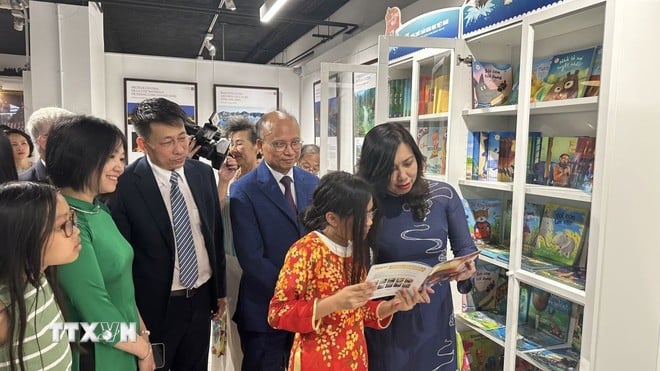 |
| Deputy Foreign Minister Le Thi Thu Hang attends the opening ceremony of the Vietnamese Bookcase at the Vietnam Cultural Center in Paris. (Photo: Ngoc Hiep/VNA) |
In the context of international integration, Vietnamese has always played a role as a symbol of Vietnamese identity. Although influenced by other languages, Vietnamese has not been assimilated but on the contrary, it has developed more strongly, affirming its position in global cultural exchange.
Thus, Vietnamese is not only a means of communication but also a symbol of culture, history and national identity. Over time, Vietnamese has demonstrated its ability to adapt and develop remarkably, becoming a bridge between generations, regions and the Vietnamese community around the world. With its profound humanistic values, Vietnamese is forever a precious asset, contributing to shaping and preserving national identity in the context of globalization today.
Preserve and promote the purity of Vietnamese language
In the current context of globalization and international integration, Vietnamese is not only a means of communication for Vietnamese people but also plays an important role in protecting and promoting national cultural identity.
However, preserving the purity and identity of Vietnamese in the process of interaction with other languages is a big challenge, especially when the national culture and language are facing the strong influence of English and other international languages. Moreover, the strong development of social media and online platforms also creates a favorable environment for the spread of non-standard language usage.
Phenomena such as incorrect grammar, shortening of words, or overuse of foreign words can have a negative impact on the protection and promotion of the purity of the Vietnamese language.
However, in the integration process, Vietnamese also has the opportunity to develop and adapt. The development of new words, combined with creativity in linguistics, can help Vietnamese become richer and more suitable to the requirements of the times. This requires the initiative and sense of responsibility of the community in maintaining and protecting the value of Vietnamese, while exploiting positive elements from other cultures.
Preserving and promoting the purity of the Vietnamese language is not only the responsibility of the authorities but also the duty of every individual in the community.
The government and cultural organizations have been implementing many measures to protect and develop the Vietnamese language, including establishing regulations on language standards in official documents, in education and in the media.
Schools and educational institutions need to continue to raise awareness among students about the value of Vietnamese, and encourage the use of standard and nuanced Vietnamese in daily communication. In each family, maintaining and promoting Vietnamese is an important factor in helping future generations connect with the traditions and cultural roots of the nation.
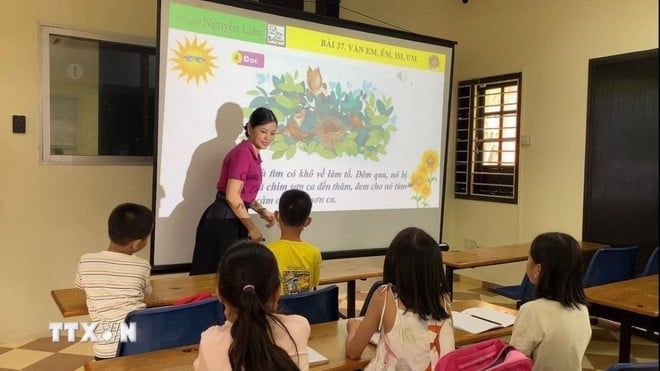 |
| Teacher Nguyen Thi Lien in a Vietnamese language class at the Vietnamese Embassy in Malaysia. (Photo: Hang Linh/VNA) |
Teaching Vietnamese to the younger generation, especially in overseas Vietnamese communities, will help them preserve their national identity, maintain their relationship with their homeland, and at the same time build a dynamic, creative young generation that is still proud of its national language and culture.
With the increasingly deep integration into the international community, the development of Vietnamese language must not only stop at protecting the purity of the language but also aim for creativity and innovation. Artists, writers, poets and language researchers can play an important role in developing Vietnamese into a diverse, rich language that is suitable for new trends while still maintaining its core values.
More than ever, Vietnamese needs to be promoted as a valuable heritage, an indispensable part in building and protecting Vietnamese cultural identity in the new era of the nation.
According to (TTXVN/Vietnam+)
https://www.vietnamplus.vn/tieng-viet-bieu-tuong-cua-van-hoa-lich-su-va-ban-sac-dan-toc-post1012875.vnp




![[Photo] Special relics at the Vietnam Military History Museum associated with the heroic April 30th](https://vstatic.vietnam.vn/vietnam/resource/IMAGE/2025/4/3/a49d65b17b804e398de42bc2caba8368)
![[Photo] General Secretary To Lam receives Japanese Ambassador to Vietnam Ito Naoki](https://vstatic.vietnam.vn/vietnam/resource/IMAGE/2025/4/3/3a5d233bc09d4928ac9bfed97674be98)
![[Photo] Moment of love: Myanmar people are moved to thank Vietnamese soldiers](https://vstatic.vietnam.vn/vietnam/resource/IMAGE/2025/4/3/9b2e07196eb14aa5aacb1bc9e067ae6f)

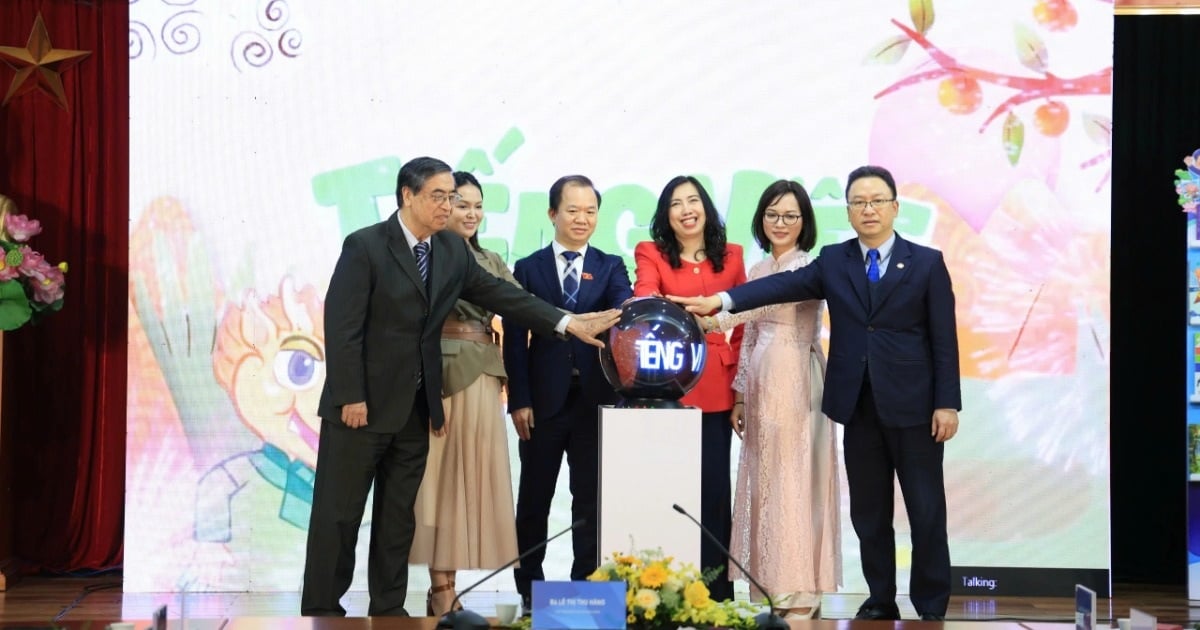

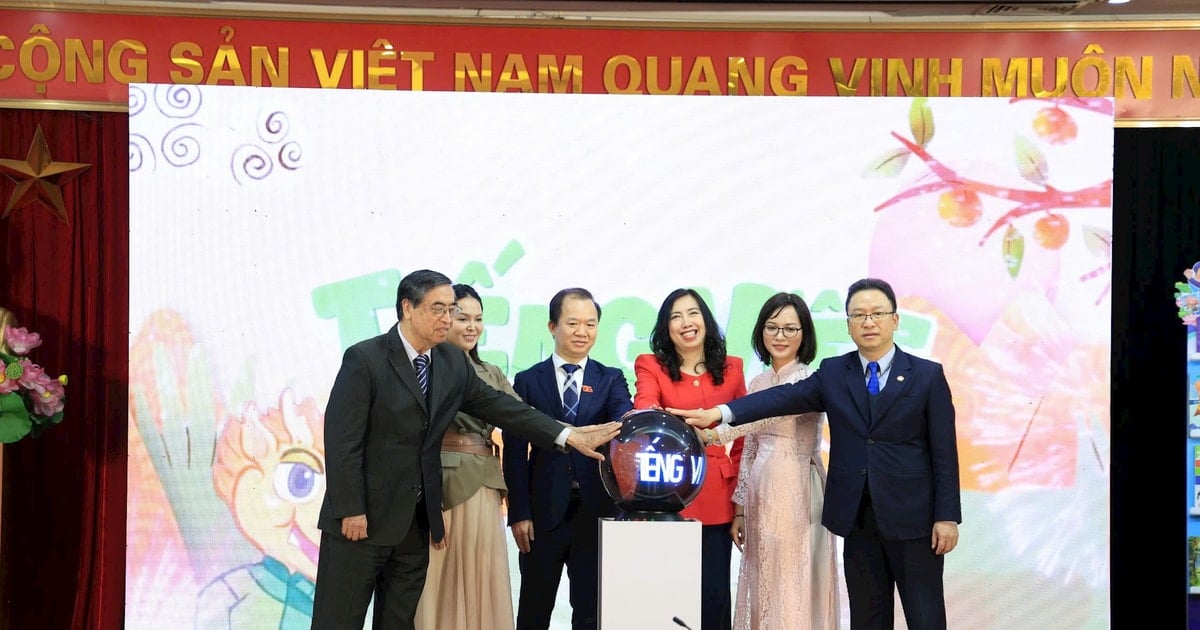

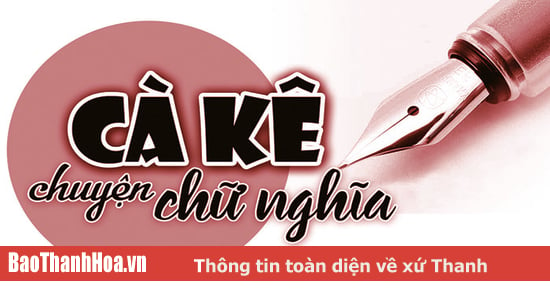

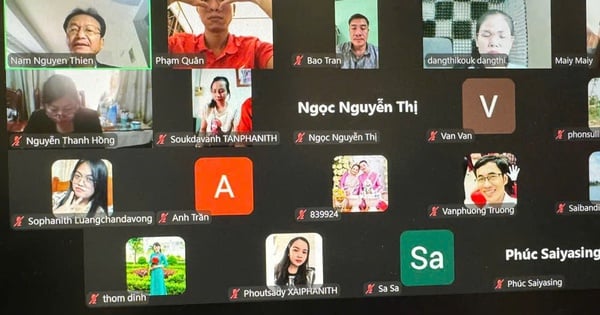

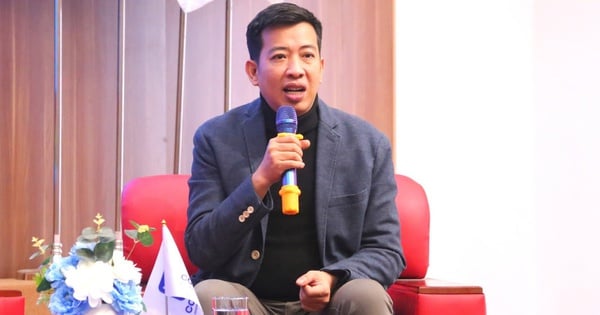

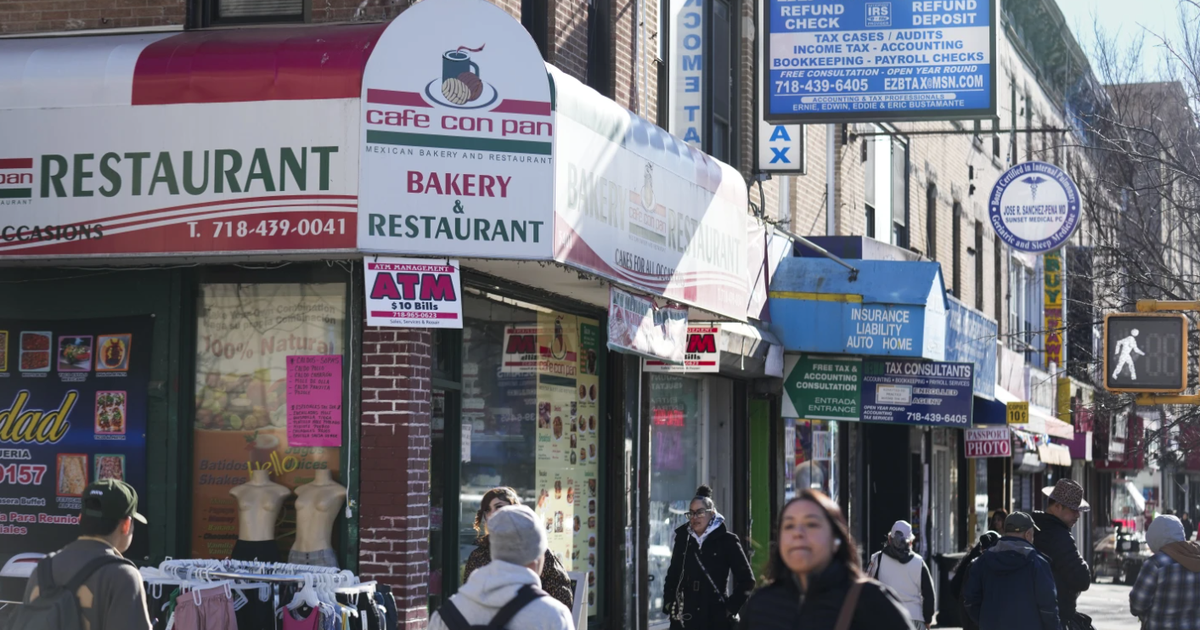


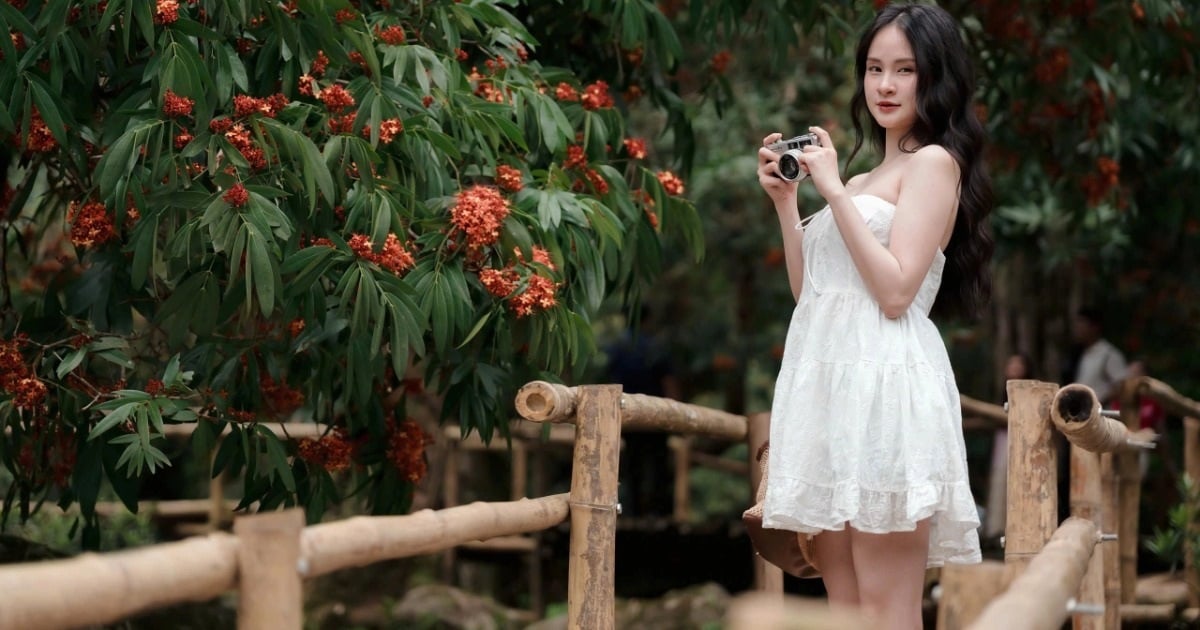
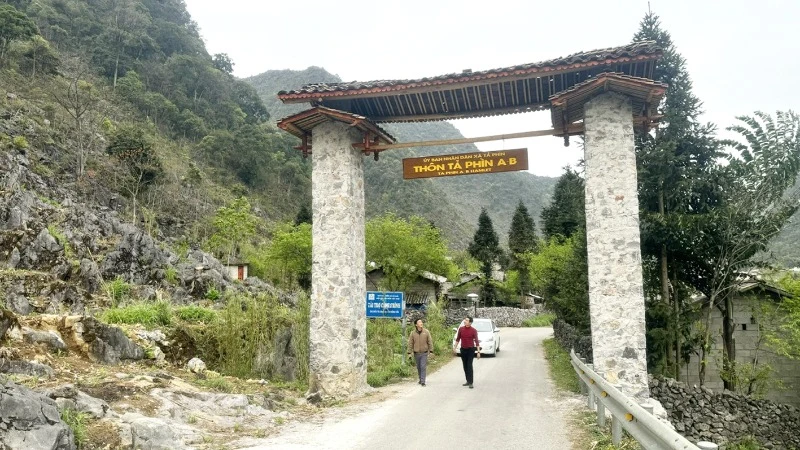
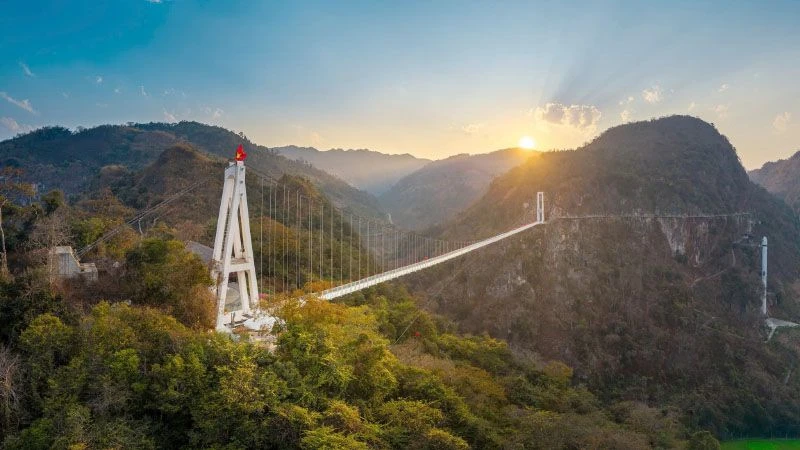
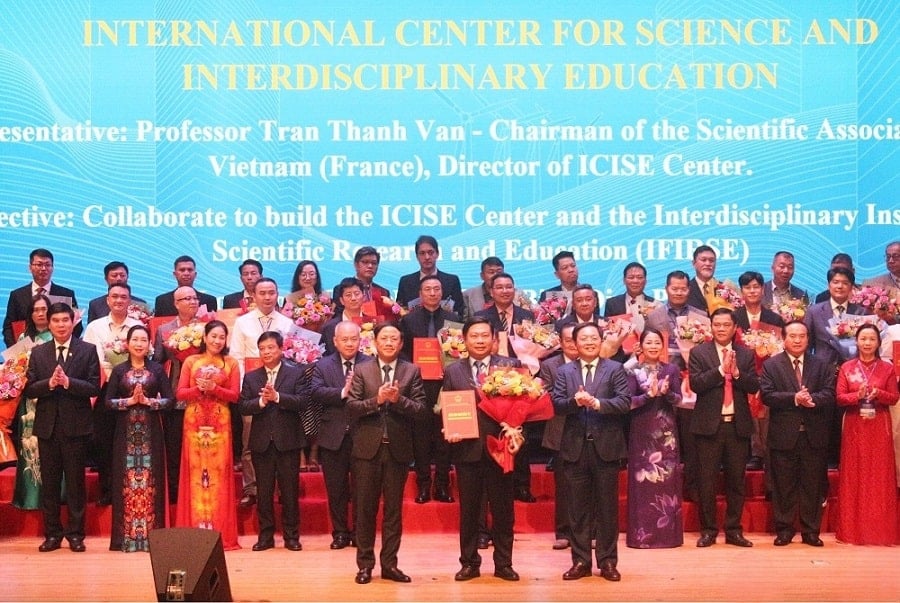





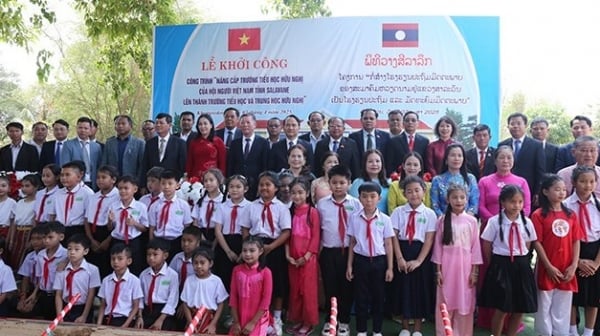

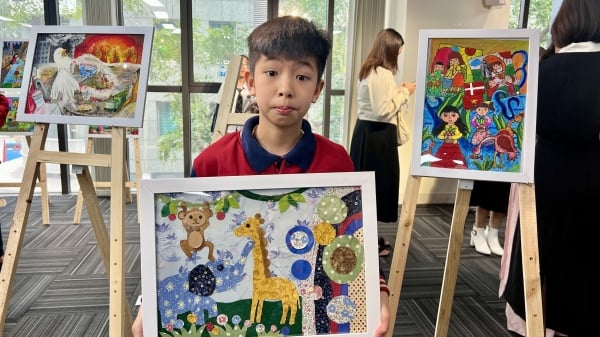

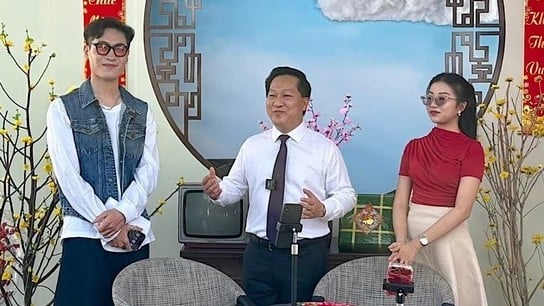












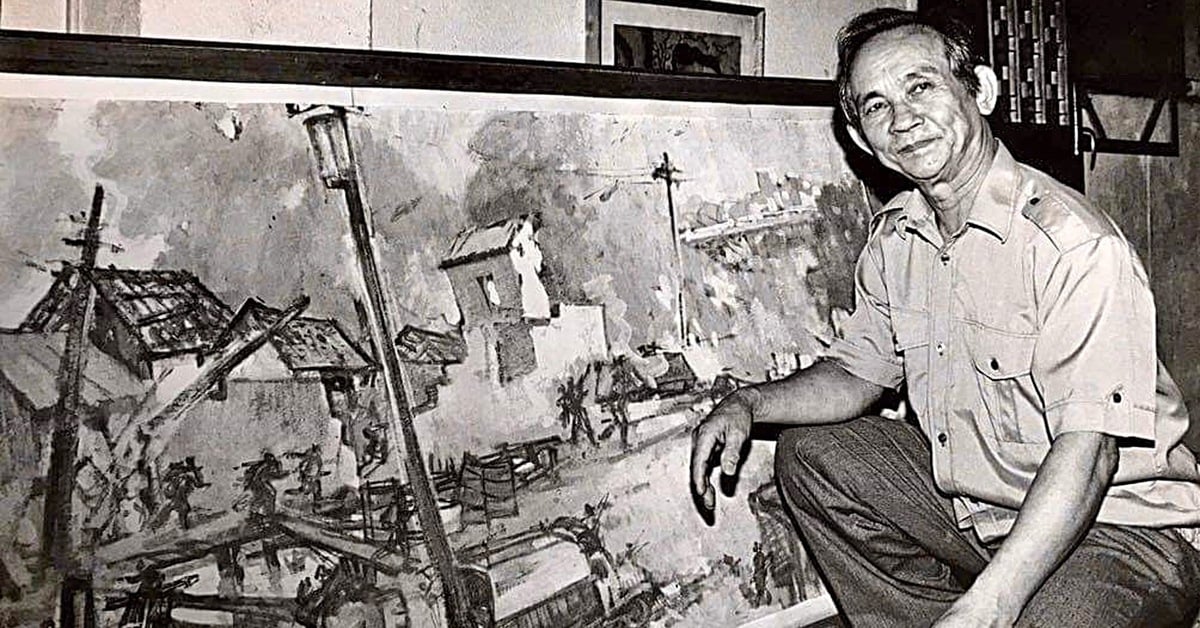
















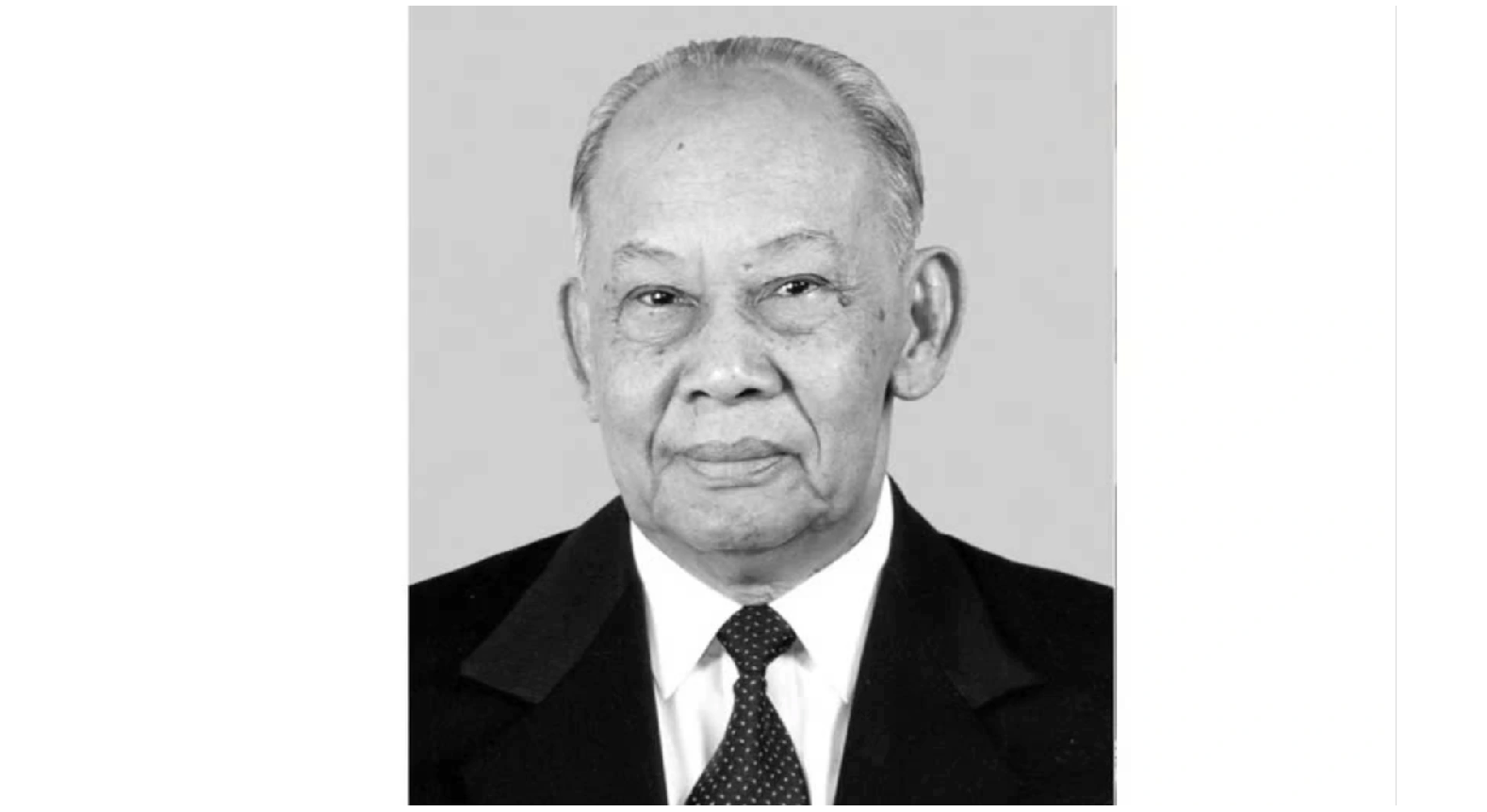




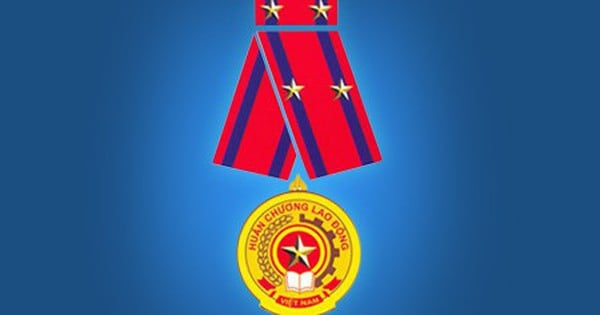

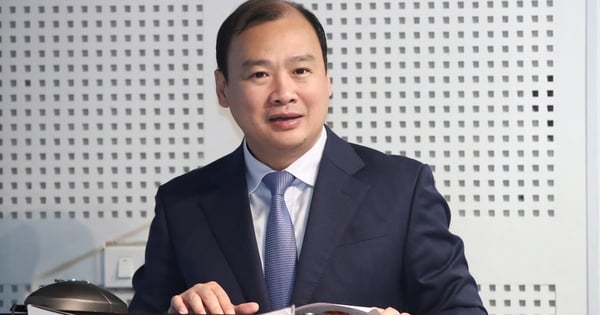



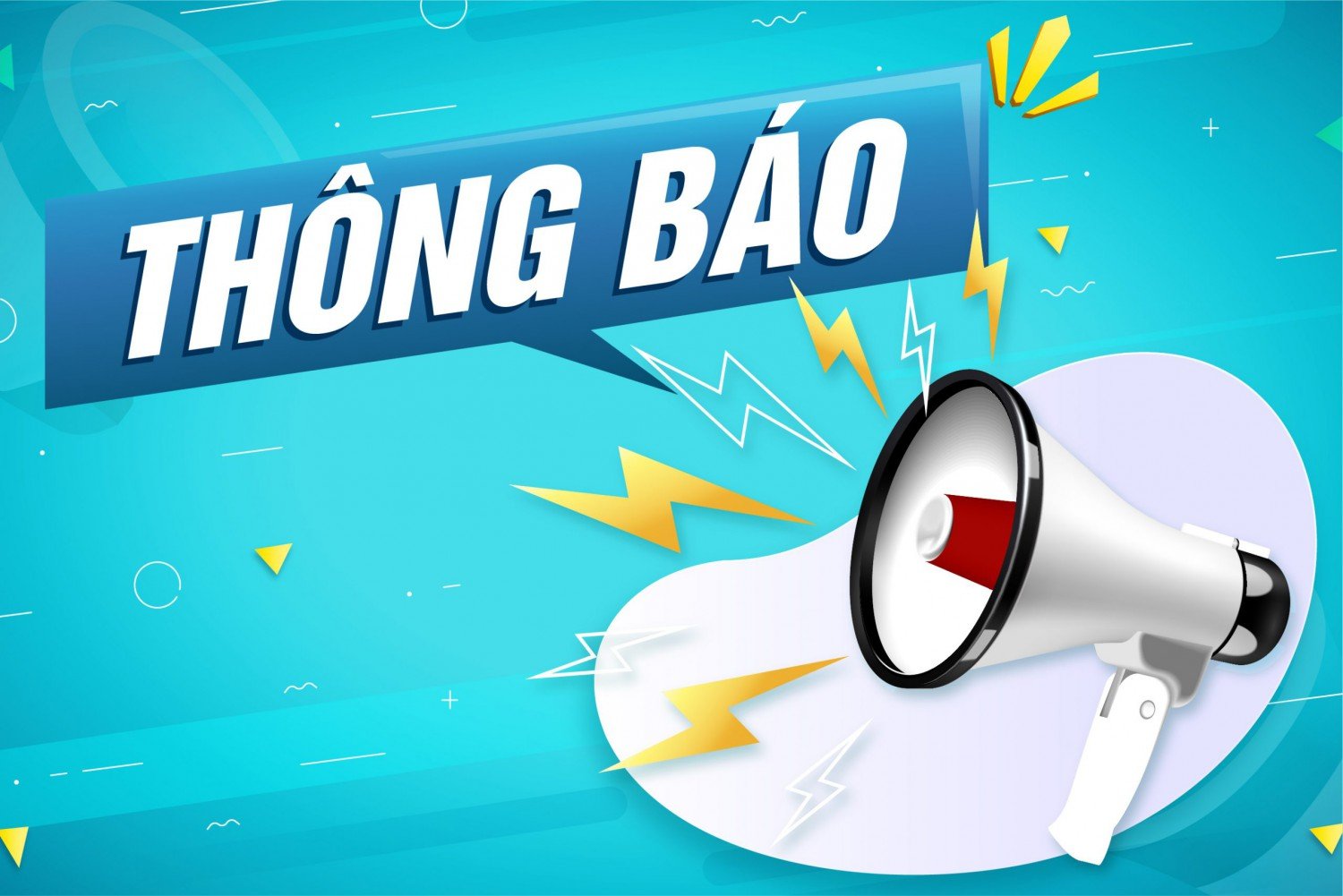
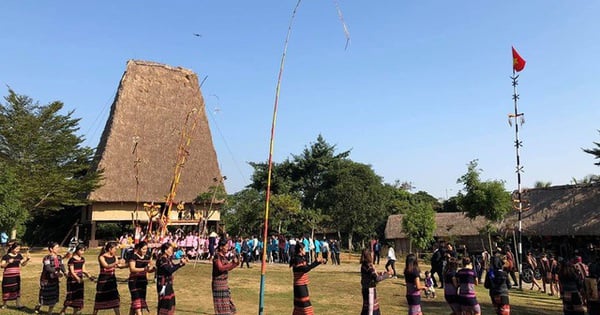
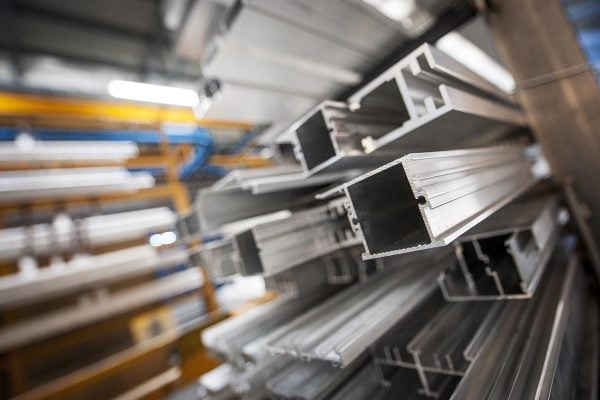
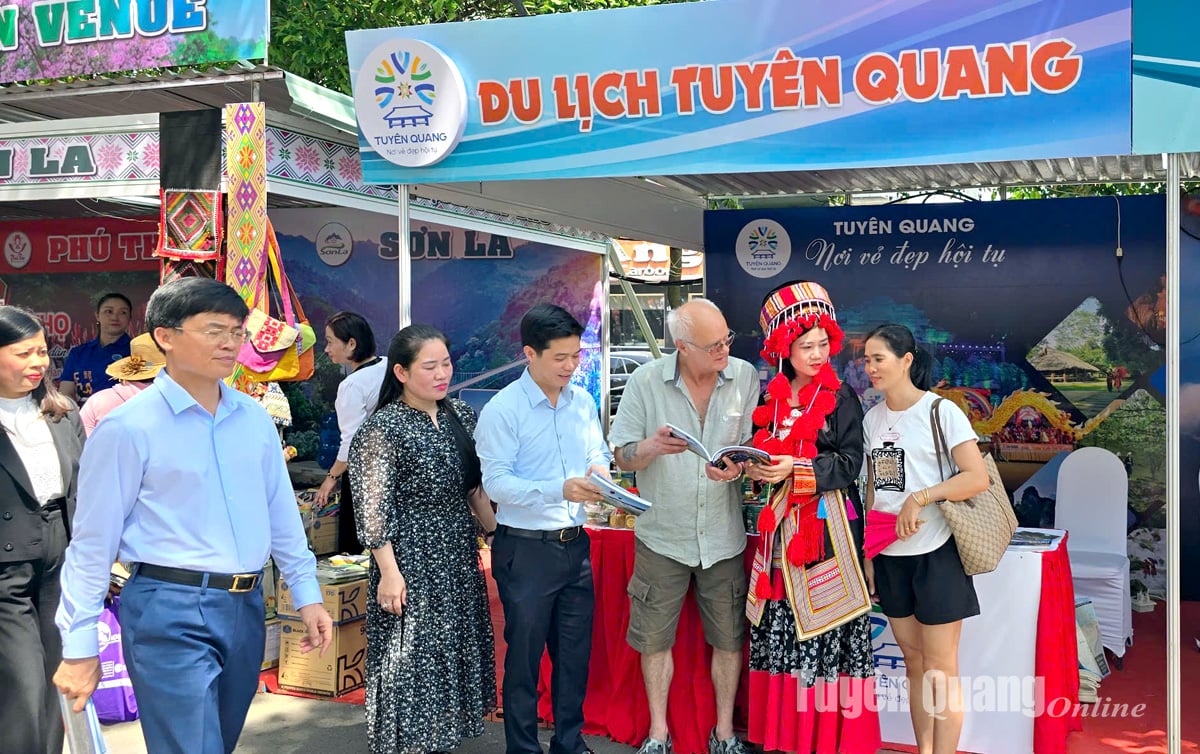
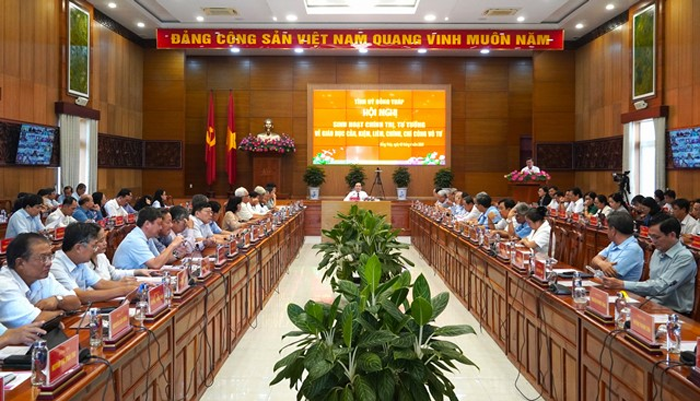
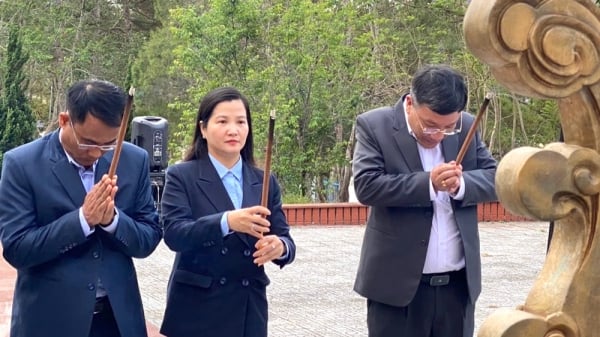
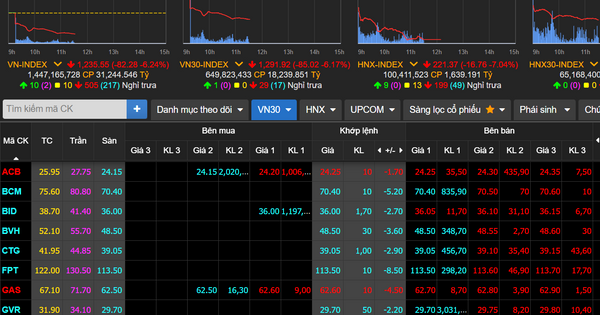
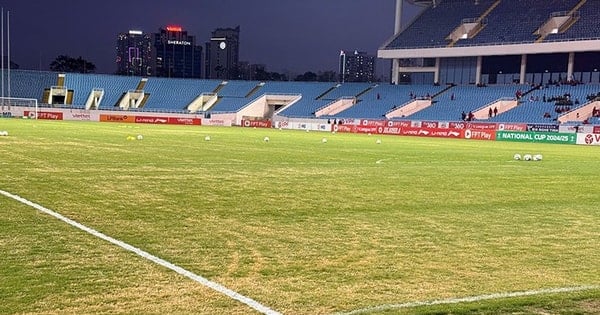
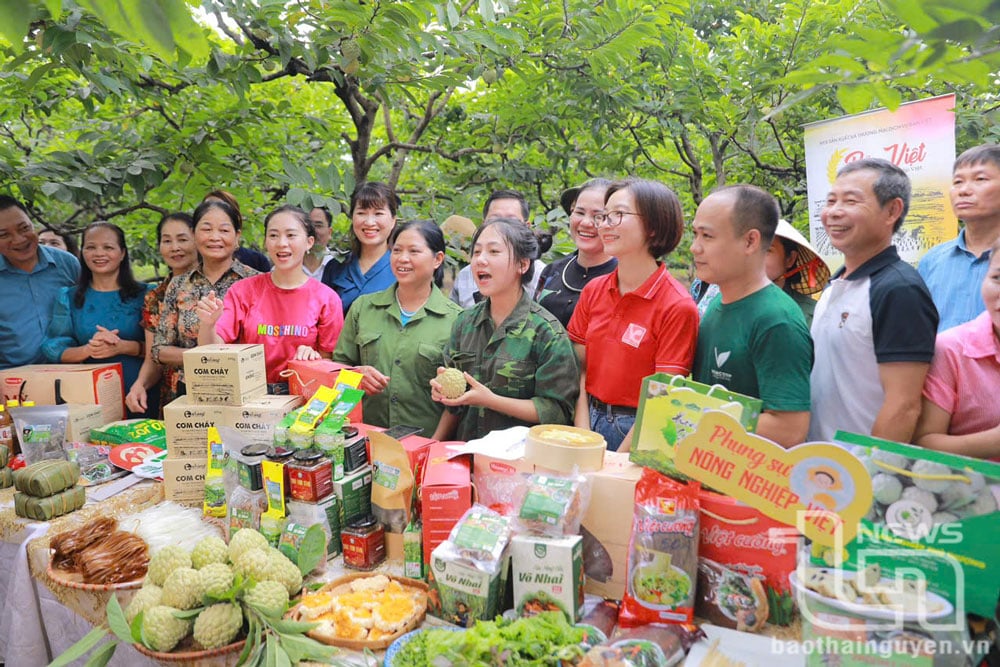












Comment (0)